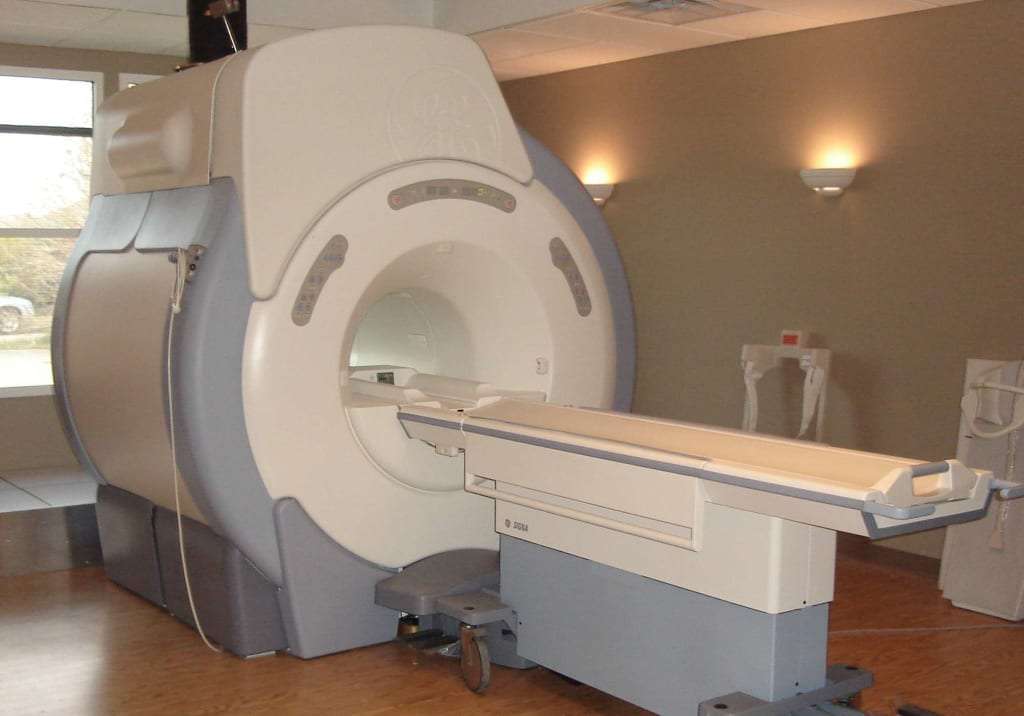A study has provided the clearest picture yet of the arms race between Streptococcus pneumoniae, the bacteria, which is responsible for a range of illness like pneumococcal disease, and the vaccines designed to protect against the most dominant types.
According to the study, a strain called GPSC10 was found to be a particular threat, because of its increased virulence, and the ability to transform its structure to evade vaccines and its resistance to many common antibiotics.
Since 2000, a series of pneumococcal conjugate vaccines (PCVs) have been deployed that have targeted S. pneumonia serotypes that are responsible for most of the disease cases in infants, which has resulted in a reduction in disease across the world.
However, there are over 100 distinct serotypes, and they can possibly affect children and adults in different ways. It is vitally important to know which serotypes to target with the PCVs, and what the impact will be on the disease and the wide pneumococcal population, which is vitally important when designing effective vaccination strategies across the globe.
In the study, scientists from the Wellcome Sanger Institute performed a whole-genome sequencing on 419 samples of S. pneumoniae serotype 24F, which were collected from individuals in France between 2003 and 2018. The analysis showed that 24F had been present in several countries largely because of the spread of three strains, including GPSC206, GPSC10, and GPSC16.




